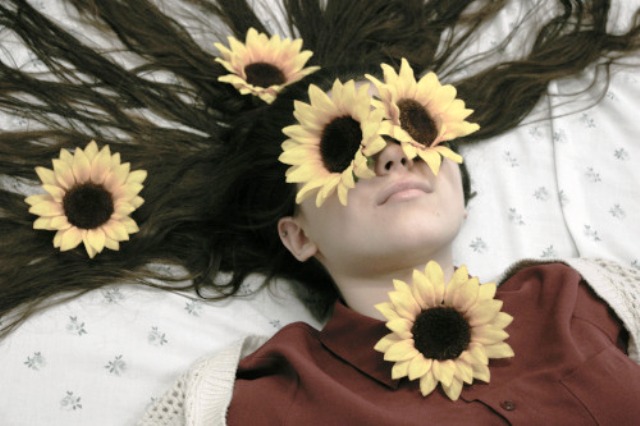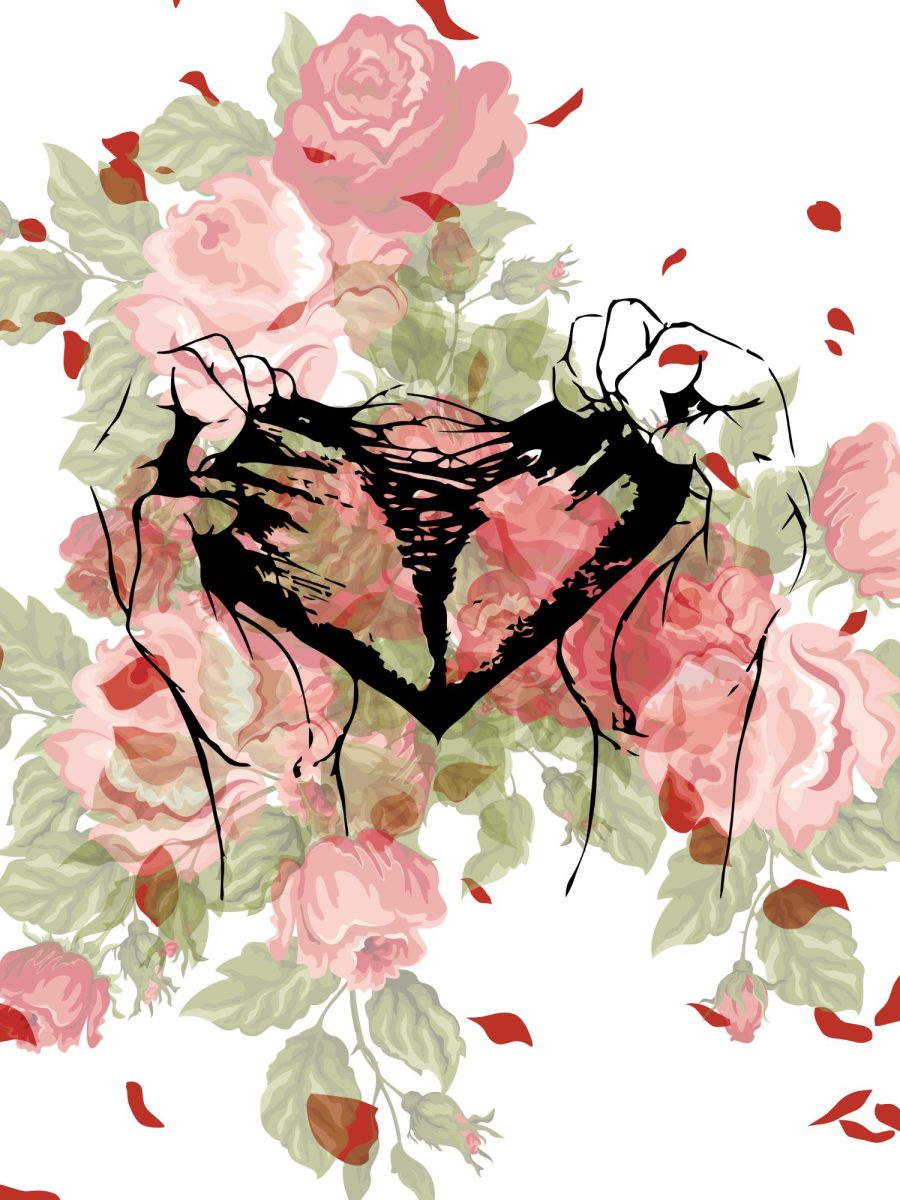Familiar(s)
Her wisdom sprouted from her like flowers, and I’ve read her grimoires over twenty times each, once for every Amaryllis I’ve laid on her grave since then.
May 7, 2015
Men are drawn to fear. In it they dip their hands, like open ink wells, and they lick hungrily, greedily at the poison coating their nails. In this way, they live.
And because of this the unknown stays so shortly lived in it beautified death sheets, so shortly lived in the resides of the underbelly, the rocks and gravel of society tossed to dust buckets and creaking joints of houses and forgotten altogether. The unknown is taken out like a cat by its threatened tail and it’s displayed like the creature’s nails and bones, lashing against the motion of dragging the truth from the rut. Men, especially, seem to enjoy this. There is something explicit in the shrieking protests of the wretch who gives its all but falls so short. Short like its shortly lived existence spent covered up by walls and sheets.
The act of Familiar-speaking in the one thing I’ve learned to care about like a child.
The sound of scurrying and pawed marks at the glass edges is the white-noise in the little shoppe of horrors and I’ve indulged in since the age of seven and a half when I had both that much worth of coins in my pocket and equally as much in sense that I had picked from my grandmothers in the earlier years, riddled with wavering scents of lavender and chamomile. Her wisdom sprouted from her like flowers, and I’ve read her grimoires over twenty times each, once for every Amaryllis I’ve laid on her grave since then. Her spirit radiates here still, sometimes in the heating lamps, sometimes in the fluorescent overhanging lights. In every variance of the people that come here, I see a bit of her. From the tanned skin of young girls to the dull but light eyes of older men, she’s residing in the world as peacefully in pieces as she did in whole. Her voice is just as calming as it was, and somehow, just as audible.
I believe she perches by the door and talks, at times.
Customers say they hear it, too, some beautiful wisdom of a woman’s presence, drawing them to certain birds with keen talons or slightly peculiar cats. A magnetic force, according to some. A summoning, like a séance. We’re all very aware of the feeling. In the fleeting assembly that is our store, we’re all witches, whether committed or of the dilettante nature, all guided just the same. And it’s an almost comforting thought; the melodic sage of her voice carrying advice to the door hinges and lacing it through the store, past my curled hat’s edges and through my handed-down scarf bundles to the ears of brothers and sisters in the Rite. Growing up, I always knew Noni had an intuition about her. Noni, my grandmother, or, as I remember her better—the gradual leanings of a gentle spirit and the loose ends of a sigil stitching. She was my mentor in the world.
She would dangle the crystal end of a pendulum between my eyes and talk about chakras, which, at the time, appealed to me mostly because of their color. She would house strays along with the Familiars and ask me to guess which one was different among the rest. I have always found it quite curious how something so different had blended in so easily like merging shades of gray, so unknown, inconspicuous, and baffling.
I found myself cradled in that fact.
I also found myself cradled in the stiffening hairs of the animals after they had ceased to move, ceased to breathe. It would happen from time to time—the normal creatures would mix with the blessed ones and inhale too much of their magick, I suppose, and harden in a matter of minutes, blowing their last sniffling puff just soon after. It has an eerie resemblance to the way humans and witches work; something like an exchange of energies, where one would feed and one would limp and all would go as supernaturally given. OF course, I’ve never seen any of the humans fall over in the presence of a witch except, perhaps, in shock or horror. Their timid ways of being always made them so sensitive to such means.
I believe all curiosity—or maybe it was sympathy—was a projection of how I felt towards the normal folk, though.
Their auras were rarely anything outside of dull colors, like the fur of captured rescues and the wriggling babies of the less superior beasts. Their cries to God, as well, were the noisy shrieks of litters with eyes barely opened and limbs weak and yelps all neglected and continuous. Their curious noses were always searching, often, close to where the witches reside. It was almost a death-wish. Almost dismal.
Their weepy glass eyes meet mine. They stay open after death, and every time, I see them, I smile. Their limbs bend in slight bounce. Their touch brushes against my hands and it never feels the same as before. It’s almost tragic as their lurching vessels slouch, tranquil and candid, so accepting of their grave.
I’ve only seen the lamented a handful of times; I must say spirits almost seem adorned in comparison. And animals, at least, never had a dignity to protect. Yet they hold such likeliness in death; tiny, pathetic, and awe deserving. And it’s so known. It’s so familiar.




